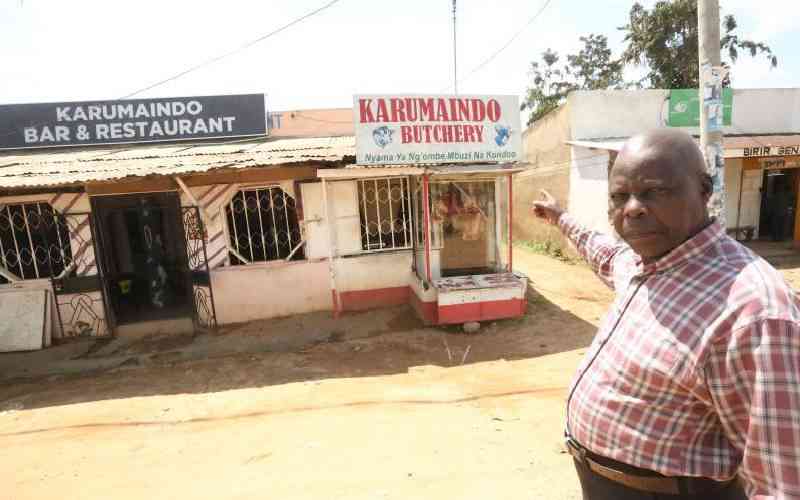×
The Standard e-Paper
Fearless, Trusted News

Bicycles outside Kakamega's popular entertainment joints in the 1970s through to 1990s meant only one thing: payday for teachers. Back then, bicycles were a status symbol and most of the people who owned them were senior teachers and civil servants.
Some of them cycled after work to Karumaindo bar or to Lurambi on the outskirts of town to eat roast meat. The bar has withstood the test of time, 60 years later.